“The northmen are loyal to Jon Snow. Not to her. They don’t know her. The Free Folk don’t know her. I’ve been up here awhile and I’m telling ya, they’re as stubborn as goats. If you want their loyalty, you have to earn it.” —Davos Seaworth in “Winterfell”
With these words, Ser Davos encapsulated the political situation that the Stark/Targaryen coalition faced as it tried to prepare the North for an invasion by an enemy that comes out of the distant past, out of the songs and stories of old.
Daenerys’s problem is that the northmen she has come to aid are not recognizing her claim; the problem the North has is having gone unexpectedly from being an independent kingdom to being relegated to vassal state status once again under an outsider queen with a large, hungry foreign army; former King in the North Jon Snow has the problem of competing private and public loyalties. What he wants to do and what his people and family want him to do are not exactly aligned; and everyone has a big problem in that face-eating wights are streaming into the North, looking for faces to eat. (Reports of actual face eating might be exaggerated for artistic license.)
In the overall list of policy and personal problems, an army of wights should take priority. So why do these other problems even exist now that the Wall has a hole in it? Why are they given narrative and screen time?
Because wights are simple, with uncomplicated motivations. Humans are not like wights.
The North might be excused for not jumping in on the Queen Daenerys train with the fervor one might expect from a population threatened by supernatural horror. Even if we assume that the existential threat might of the White Walkers has fully taken seed yet in the northmen’s consciousness, they’re still collectively suffering with the stages of political grief, in the loss of the King in the North Robb Stark. They’re being buffeted with political whiplash in declaring their first King in the North after centuries without, losing him months later, getting saddled with a Bolton Lord Paramount, watching an army of outsider knights install Sansa Stark (whom they initially refused to help) as Lady of Winterfell, declaring a new King in the North to scratch their need for a homegrown hero king, and then having him months later set aside his crown and abdicate his authority to a Targaryen queen. The new kid in town.
In fact, their unwillingness to follow Daenerys is consistent with a previous example.
The last time an outsider monarch showed up to defend the North from a threat beyond the Wall, it was Stannis Baratheon, whom they also rejected.
Bear Island knows no King but the King in the North, whose name is Stark
Stannis routed Mance Rayder’s refugee army at the Wall, and offered to remove the Boltons for the low low price of recognizing him as king. But Stannis was not the King in the North. After centuries of being ruled by southerners, the start of the War of the Five Kings sparked the desire to have their own traditional king, and it took deep root.
The moment that Ned Stark was dead and Robert Baratheon’s acknowledged-heir Joffrey had his claim disputed by both of Robert’s brothers, the independent spirit of the North had practically manifested in the shape of the hulking Greatjon Umber:
Catelyn was thinking of her girls, wondering if she would ever see them again, when the Greatjon lurched to his feet.
“MY LORDS!” he shouted, his voice booming off the rafters. “Here is what I say to these two kings!” He spat. “Renly Baratheon is nothing to me, nor Stannis neither. Why should they rule over me and mine, from some flowery seat in Highgarden or Dorne? What do they know of the Wall or the wolfswood or the barrows of the First Men? Even their gods are wrong. The Others take the Lannisters too, I’ve had a bellyful of them.” He reached back over his shoulder and drew his immense two-handed greatsword. “Why shouldn’t we rule ourselves again? It was the dragons we married, and the dragons are all dead!” He pointed at Robb with the blade. “There sits the only king I mean to bow my knee to, m’lords,” he thundered. “The King in the North!”
And he knelt, and laid his sword at her son’s feet.
— A Game of Thrones, Catelyn XI
The North would object to the R’hllor-worshipping Stannis on religious grounds, too:
Greatjon Umber: Even their gods are wrong.
Daenerys’s storyline had featured echoes of Stannis’s ever since she first occupied his former holding of Dragonstone. Both couldn’t get the lords of Westeros to recognize their claims, both had inconsistent results in trying to oust the Lannisters out of King’s Landing, both had Melisandre of Asshai insinuating that they were the Prince(ss) That Was Promised, and both eventually were convinced by their respective Hands to set aside their southern campaign priorities and make their focus in the North.
Like Stannis, Dany is in the North wanting to be given her due as monarch of the Seven Kingdoms, and relies on Jon Snow to facilitate this. Stannis tried to get a political lever in the north by offering Jon legitimacy and making him Lord of Winterfell. Jon refused.
Dany tried to get a political lever in the North by accepting Jon Snow’s fealty. Which removed his King in the North status, and made him …
Lyanna Mormont: Nothing at all?
It might be a problem that Daenerys is so closely following the model of Stannis in her interactions with the North and its established northern power. Instead of being so much of a Stannis, perhaps she should adopt some of the compromise practicalities of his peachy little brother, Renly.
Renly doesn’t get much credit due to his attempt to seat himself on the Iron Throne. Much of the criticisms leveled against him are fair. He could have supported Ned Stark during the transition period of Robert’s death and avoided much bloodshed (including his own.) Renly could have served his brother Stannis as advisor, rather than opposing him as rival usurper. Stannis did not like Renly, but Stannis liked so few people that it probably didn’t matter. Renly decided to defy both his brother and precedence to attempt to usurp the throne. But he was prepared to make one interesting move as king.
When Catelyn Stark was acting as an ambassador for her son Robb’s wartime court, she attempted to treat with both Renly and Stannis, to forge a coalition against the true threat of the Lannisters. Stannis rejected this out of hand, considering Robb a thief and a usurper. Renly at least was willing to listen. He recognized that between the Stark forces in the Riverlands and his combined Reach and Stormlander forces, King’s Landing would quickly fall. In exchange for Stark support, he would allow Robb to remain King in the North on the condition that Renly was recognized as Robb’s superior.
Then Renly was abruptly murdered by a shadow assassin and those plans were ruined.
Thanks, Stannis.
Unfortunately, when Jon swore fealty to Daenerys, he didn’t plan ahead and keep his crown as the Wartime Winter King, or King Pro Tem, or some other designator to establish a reasonable limit that the northmen could get behind. Daenerys would have to agree to be flexible in this, which doesn’t sound too out of character. After all, Daenerys told Tyrion that she was willing to consider independence for the Iron Islands and she’d touted breaking the inflexible wheel of the political system currently in vogue in feudal Westeros. She might have allowed Jon to keep his crown conditionally. But that didn’t happen. He came back to the North crownless.
Even if Daenerys decided at this stage to declare Jon a kind of sub-king, in hopes of satisfying the northmen’s need for a King in the North, it wouldn’t be like Renly and Robb, two monarchs, coming to a power-sharing agreement. That boat had sailed.
Jon had already abdicated his power to Daenerys and if the northmen were grouchy about acknowledging her power, they’d just as be grouchy about Jon having his authority reinstated by her. The derived authority would be seen as hollow.
Lord Glover: Nice try. But I’m still staying in Deepwood Motte with my men.
Jon himself is disadvantaged by essentially being powerless, with Sansa Stark the legitimate face of authority in the North. And it might get worse when his identity as Aegon Targaryen becomes known. He’d be another damn Targaryen.
Ser Davos has proposed Daenerys marrying Jon, to wed north and south together in a political marriage and smooth things over. Although Davos should be respected for his forward-thinking, this plan is not likely to come through. Not that it’s a bad plan, but the show’s history indicates that once any plan is stated out loud, it is doomed.
- Varys convinces Ned to confess, take the Black and live? Joffrey beheads him.
- Robb has his uncle Edmure marry a Frey to smooth things over? Red Wedding.
- Tyrion plans to take Casterly Rock with the Unsullied thanks to his knowledge of its cisterns? Jaime leaves it abandoned to capture the wealth of Highgarden.
Based on the show’s history of things being undercut, a proposed political marriage won’t solve things so simply. The evident fly in the wedding soup would be Jon probably not wanting to marry his aunt.
Daenerys: I don’t see why not. I’m not his sister.
Jaime: Not that there’s anything wrong with that either.
So what can be done? Jon might not be able to do much, but there is someone who can.
Sansa Stark could start to rectify the situation by prioritizing the world’s needs over her relatively newly-embraced northern pride and working with Dany on public relations.
Since Sansa now eclipses Jon as the symbolic authority in the North, especially after performing as an effective civil administrator in getting her people ready for winter, Sansa could help her people accept Daenerys through example and also reassure Daenerys that she’s welcome in the land she’s trying to save.
Dany is somewhat of a fish out of water, and Sansa should empathize since she’d been raised throughout her childhood by Catelyn with an eye to the south. When Jon and Sansa were doing their recruitment tour of the North and trying to muster support, Sansa had setbacks dealing with the irate northern lords. It has only been recently that she’s kind of hit her stride as the Lady of Winterfell. Sansa also seized effective power with an army of outsiders, the knights of the Vale. So she might be able to bond with Daenerys over their similar experiences. Hopefully she still can.
And even though it might be difficult, it might not be too difficult.
Davos wouldn’t be warning Tyrion and Varys about the northern disposition if there were no problems he foresaw, and Daenerys is not wrong to be worried about Sansa not showing her the respect she expects. With Jon crownless, Sansa is the symbol of legitimate power in the North and symbols have power. Daenerys spent seasons in Meereen learning the difficulties of working with a population that didn’t accept her.
The northmen are not the Meereenese slavers, angry that Daenerys was disrupting their position and the economy. But Daenerys is a Targaryen and her father burned Rickard Stark alive. Some of the older men who watched Daenerys march into Winterfell with a dragon-bannered retinue might have fought against Rhaegar’s similarly-bannered forces at the Trident during Robert’s Rebellion. The fact that Randyll and Dickon Tarly chose death by dragonfire rather than bend the knee is going to reinforce any association Daenerys might be trying to avoid with her mad father Aerys. (Honestly, Randyll Tarly was so abrasive, he actually found a way to be an irritant in death.)
The folksy phrase the North Remembers seems a bit of a misquote since the northern lords were reluctant to rally to Sansa’s side against the Boltons. The North was not remembering its oaths to House Stark at that moment, but the North always seems to have a better memory when it comes to grudges. And the North remembers this grudge.
The northmen have now lost their second King in the North in a handful of years. They barely had time to get used to Jon Snow the White Wolf before he abdicated for a southern ruler, something the Greatjon had railed against. Robb’s death allowed the northern lords to either accept or deny Stannis as king (they denied), but Jon’s swearing of fealty to Daenerys forced the decision on them unbidden.
They’re as stubborn as goats. If you want their loyalty, you have to earn it.
Daenerys has yet to earn their loyalty. Still, the northmen do seem willing to play ball.
Wee Lord Ned Umber requested wagons and horses to extract the Umbers from Last Hearth, he addressed Sansa and Jon as “m’lady” and “m’lord”, respectively, and Daenerys as “my queen.” So, on the surface, this doesn’t seem to be a problem, right? The northmen can call Daenerys queen, and she can go about her business marshaling her forces against the wights.
However, Dany being recognized as queen – sincerely being recognized – will only come after she earns it by facing the wights. The doomed Ned Umber called Daenerys queen and now he’s dead. Dany should honor his example and act as his queen, engaging with the Army of the Dead that killed him before making further demands on the North.
All the major actors currently in the North are going to have to make some changes if this is going to work out. The only faction that doesn’t have to change a thing is the Army of the Dead. They have their role covered.
Even though it makes sense that the humans in the North should set aside all these issues, at least until they can secure their long term survival, from a narrative perspective the story, the characters and their world demand that this conflict exists and that these conflicts be resolved.
The Night King and the wights are an overwhelmingly clear threat, and humanity is obviously going to resist them. Even if the North refuses to bend the knee to Daenerys, she’ll fight for them – for the living, because it is so evidently the correct thing to do. What kind of person would ignore the manifest threat of the White Walkers?
But Game of Thrones has never been a straightforward good versus evil show.
Since the White Walkers represent such a monolithically motivated force, our heroes and villains and those in-between who represent the opposition to the supernatural threat will have to make up the difference in complexity and having cross-purposes. If the Night King represents cold and brutal order, then the defenders of the realm must be messy and chaotic and very, very human.
Or else it’s boring. And Game of Thrones is not boring.
The post Fighting the Night King will be hard; coming together to do so might be harder appeared first on Watchers on the Wall.
Via http://watchersonthewall.com

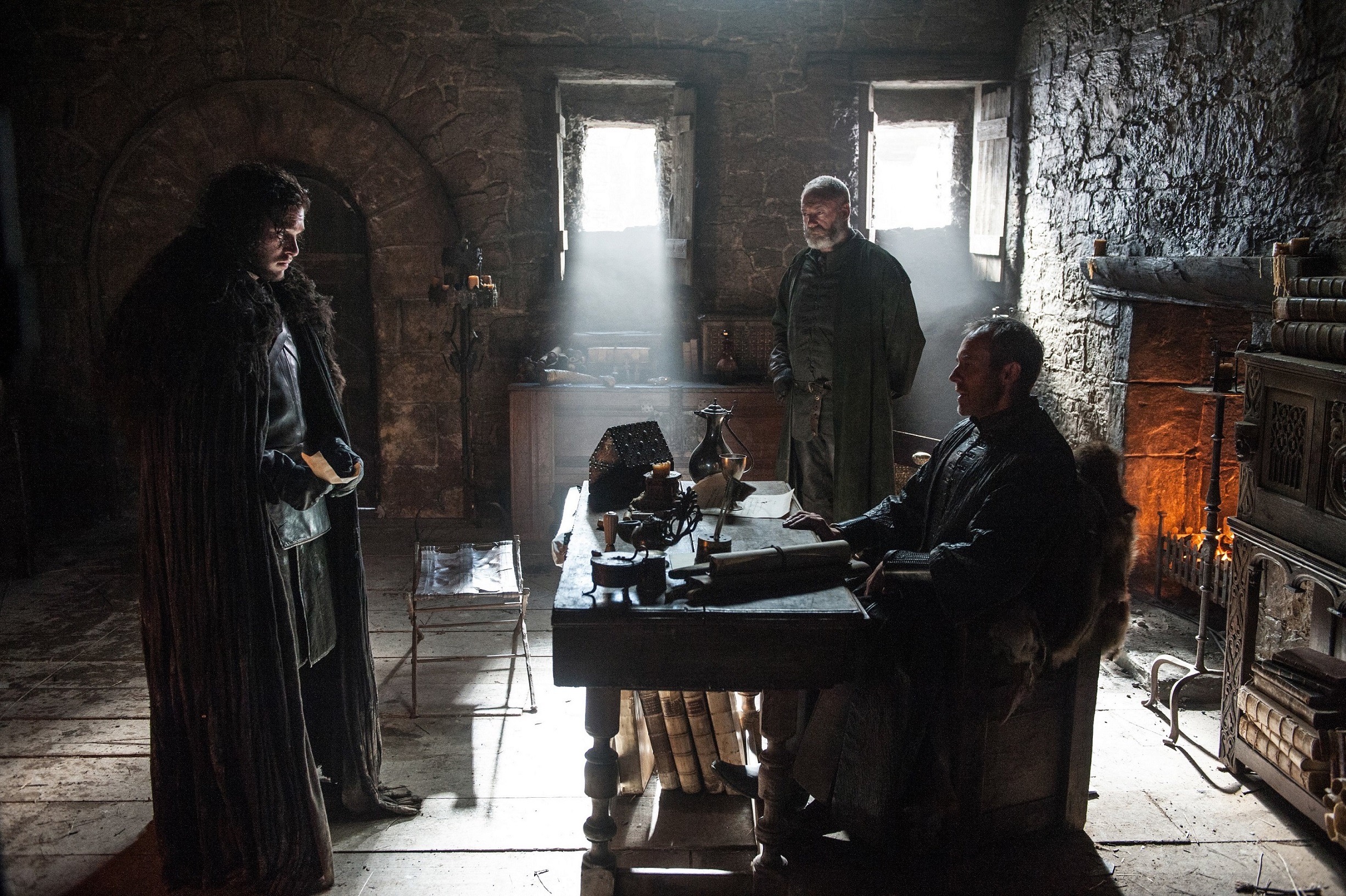
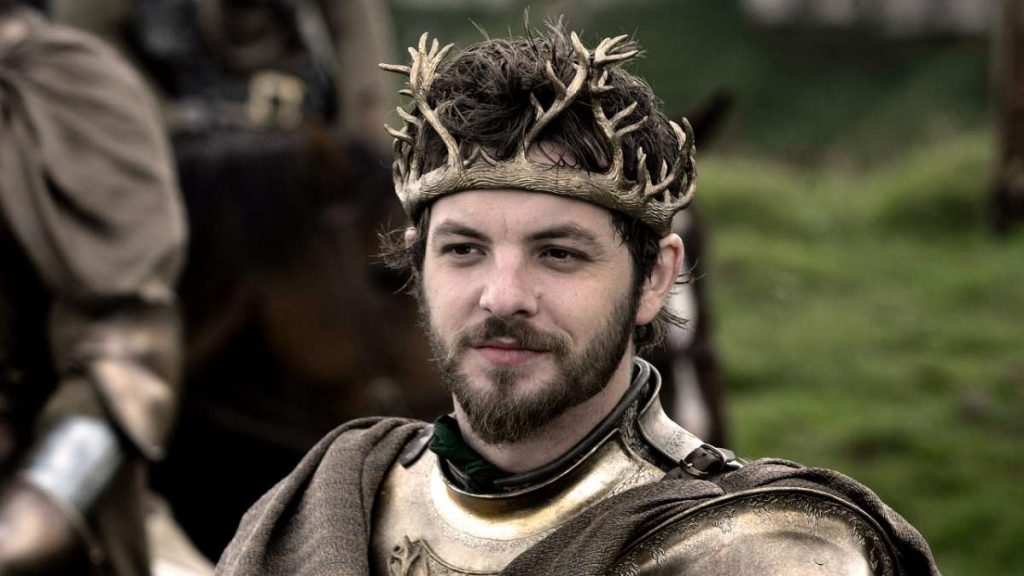
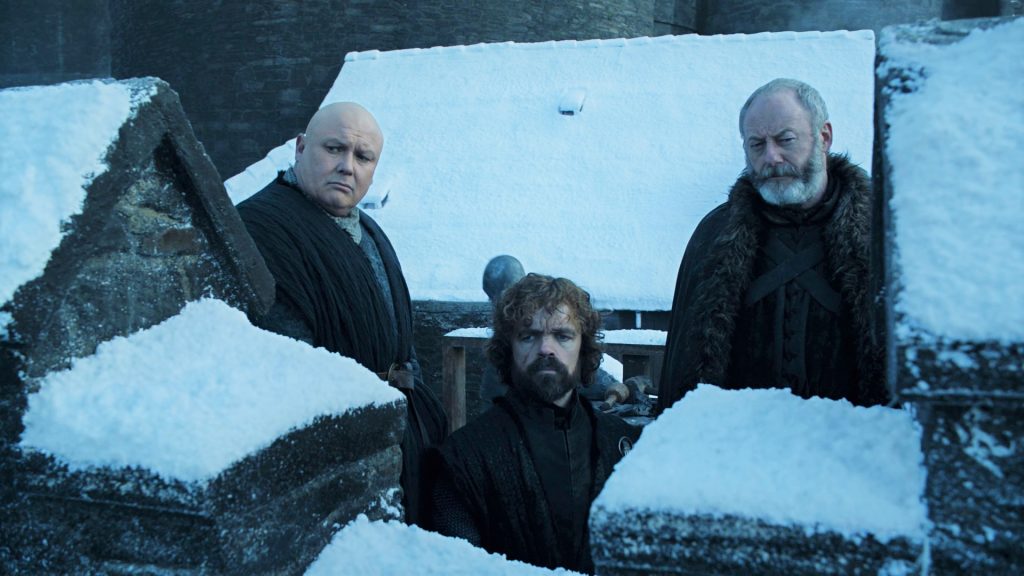
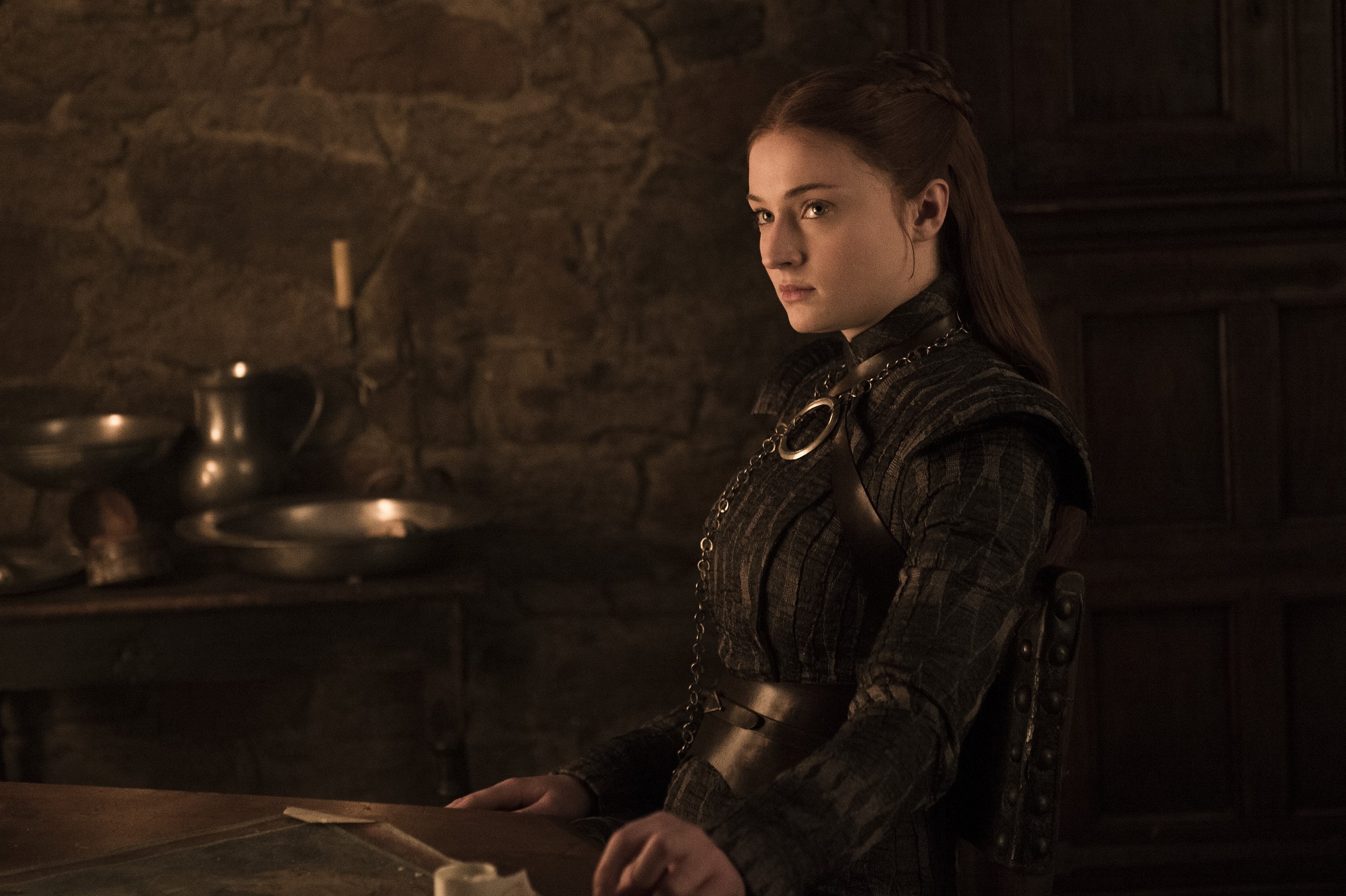
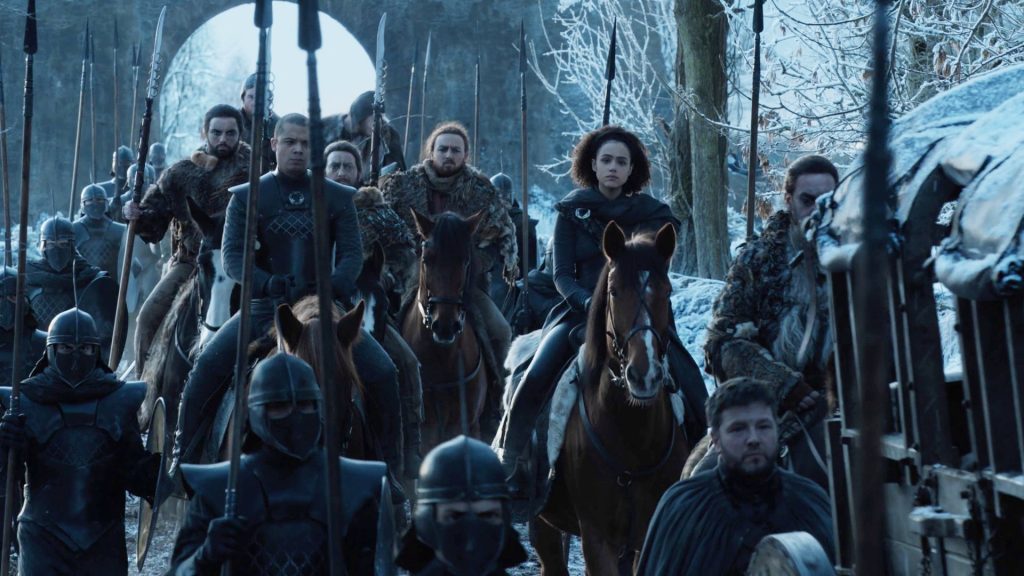
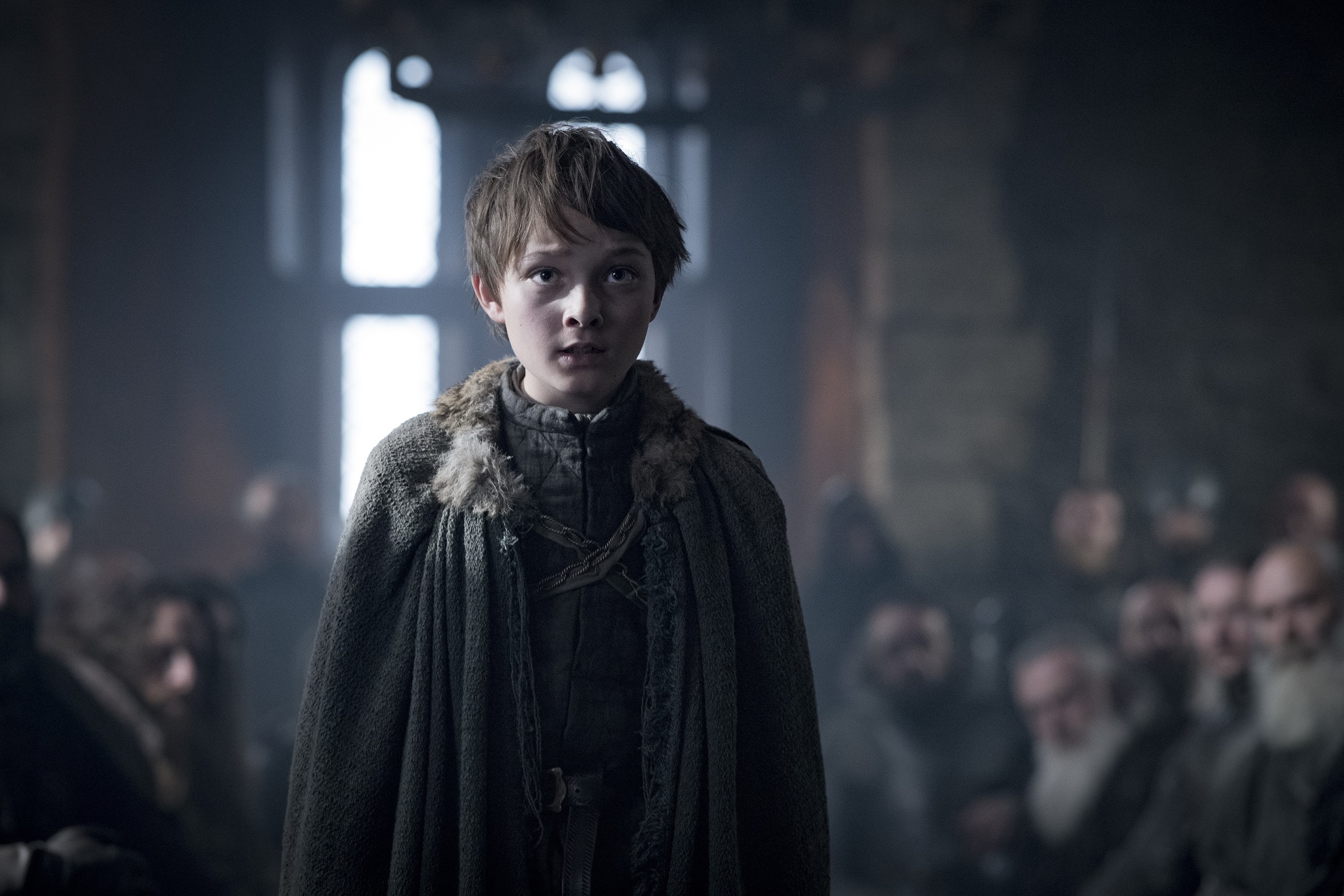
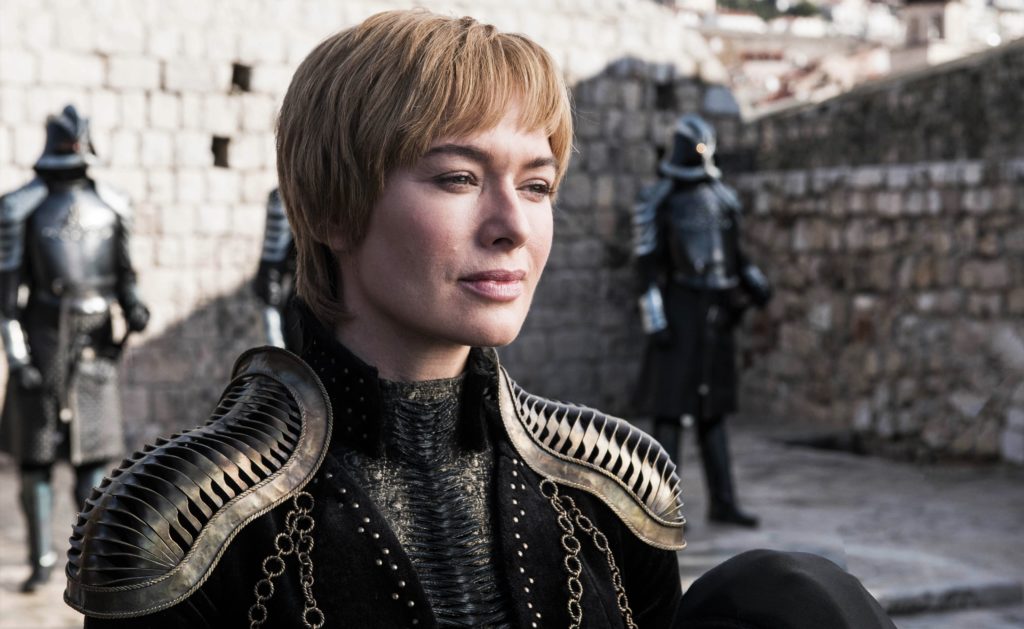
No comments:
Post a Comment